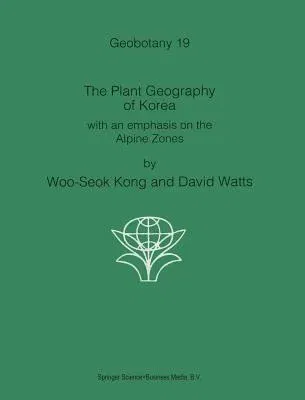Kong Woo-Seok
(Author)The Plant Geography of Korea: With an Emphasis on the Alpine Zones (1993)Hardcover - 1993, 31 August 1993

Qty
1
Turbo
Ships in 2 - 3 days
In Stock
Free Delivery
Cash on Delivery
15 Days
Free Returns
Secure Checkout

Part of Series
Geobotany
Part of Series
Perspectives in Condensed Matter Physics
Print Length
231 pages
Language
English
Publisher
Springer
Date Published
31 Aug 1993
ISBN-10
0792320689
ISBN-13
9780792320685
Description
Product Details
Authors:
Book Edition:
1993
Book Format:
Hardcover
Country of Origin:
US
Date Published:
31 August 1993
Dimensions:
25.4 x
20.32 x
1.42 cm
Genre:
Ecology
ISBN-10:
0792320689
ISBN-13:
9780792320685
Language:
English
Location:
Dordrecht
Pages:
231
Publisher:
Weight:
730.28 gm